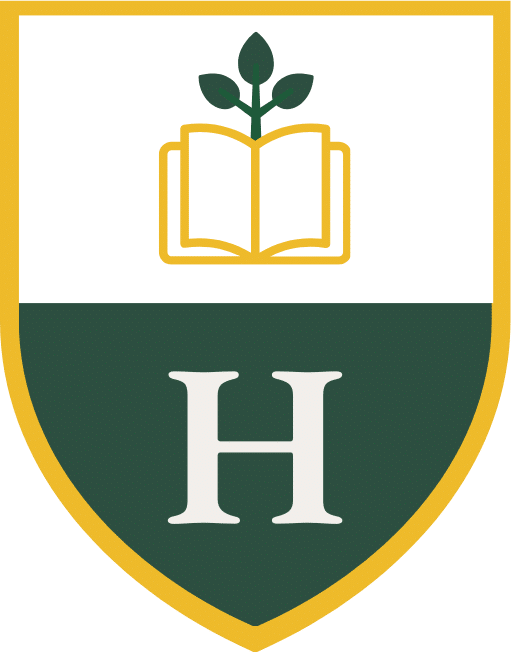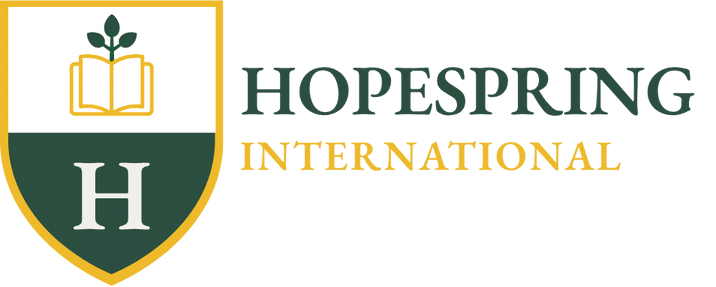Ongoing Projects

HopeSpring Teacher Formation Model: Building a Scalable Framework for Local Educator Development
As part of its global mission to address the teacher shortage in underserved communities, HopeSpring International is developing a comprehensive Teacher Formation Model designed to equip local educators with the knowledge, skills, and support needed to lead high-quality classrooms. This project aims to create a replicable framework that can be adopted by other organizations and ministries of education worldwide.
Grounded in research, faith, and community partnership, the model integrates academic preparation, professional mentoring, and practical teaching experience. It is being piloted in collaboration with HopeSpring’s partner schools across Latin America, the Caribbean, and Sub-Saharan Africa, with ongoing refinement based on local context, educator feedback, and classroom outcomes.
This model will serve as a foundation for HopeSpring’s teacher recruitment and training efforts, particularly in rural areas where access to formal teacher education is limited or nonexistent. Once fully developed, the framework will be offered as an open, adaptable model to like-minded organizations seeking sustainable, locally rooted solutions to the global teacher shortage.
Dominican Republic: Teacher Development and Education Access
HopeSpring International is launching a multi-year education partnership with two underserved rural schools in the Dominican Republic as part of its global teacher formation initiative. This project aims to strengthen educational access for marginalized student populations—specifically children with special needs and Haitian immigrant youth—by building local teacher capacity, expand instructional time, and introducing accredited instructional models.
The project focuses on: (1) recruiting and training a pipeline of locally based educators through community-engaged professional development; (2) expanding access to K–12 accredited learning for Haitian immigrant students currently denied formal education by Dominican government policy; and (3) and equipping and preparing more educators to serve students at a severely understaffed special needs school.
The dual-site implementation will serve approximately 250 students and 20 community-based educators annually. HopeSpring will conduct both impact and implementation assessments. A quantitative strand will examine improvements in student access and learning outcomes, particularly among immigrant and special needs populations. A qualitative strand will focus on teacher development, instructional inclusion, and community participation.
Through this partnership, HopeSpring seeks to establish a scalable, faith-informed model for educational access and teacher formation in politically and economically constrained environments.
Papua New Guinea: Researching The Emergence of Education in a Newly Literate Tribal Community
HopeSpring International is leading a unique, community-engaged research project in a remote tribal community where formal education is taking root for the first time. Until recently, the local language existed only in oral form. With the recent development of a written alphabet and the translation of a foundational book into the native language, the community has taken its first steps into literacy and formal instruction.
This project explores how education begins in a setting where no prior system of schooling has existed. HopeSpring is studying the early formation of teaching practices, classroom structures, and teacher identity as local leaders begin delivering instruction in the newly written language. The initiative offers a rare opportunity to document and support the creation of an indigenous education model from the ground up.
In collaboration with local families and leaders, HopeSpring is gathering insights that will inform culturally rooted, faith-informed approaches to early teacher formation and literacy instruction. The findings will contribute to a broader understanding of how education can be authentically introduced in tribal communities and serve as a guiding resource for similar efforts worldwide.
Through this project, HopeSpring continues its mission to equip educators and strengthen education in the world’s most underserved and overlooked communities.
Sub Saharan Africa: Building Strategic Partnerships to Address the Teacher Shortage
HopeSpring International is actively developing partnerships across Sub-Saharan Africa to respond to one of the region’s most urgent educational challenges: the critical shortage of trained, locally rooted teachers. Through formal agreements and memoranda of understanding (MOUs), HopeSpring is aligning with K–12 schools, universities, faith-based organizations, and ministries of education to build collaborative solutions that strengthen teacher pipelines and improve education quality.
This multi-country initiative is focused on expanding HopeSpring’s teacher formation model in rural and underserved areas, where access to professional training and credentialed educators remains limited. These partnerships will support the recruitment, development, and support of local educators who can serve their communities with skill, consistency, and cultural relevance.
HopeSpring’s approach includes launching joint training programs, facilitating professional development pathways, and integrating university partnerships that prepare future teachers through both academic preparation and hands-on experience. With ministries of education, the initiative also explores policy alignment and accreditation pathways to ensure long-term impact.
By fostering a network of mission-aligned institutions and stakeholders, HopeSpring is building the foundation for a scalable, sustainable, and faith-informed model of teacher development that meets the educational needs of the region—starting with the teachers themselves.
